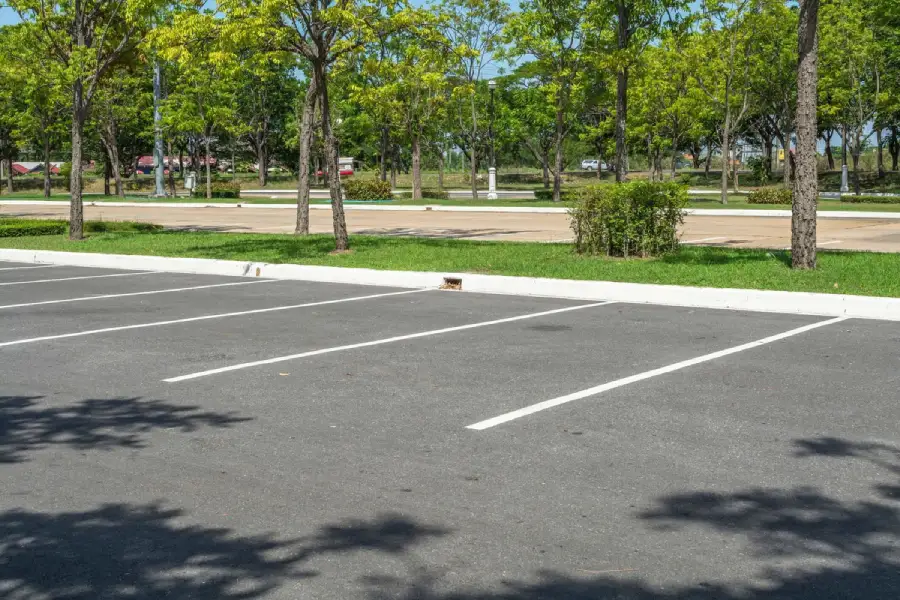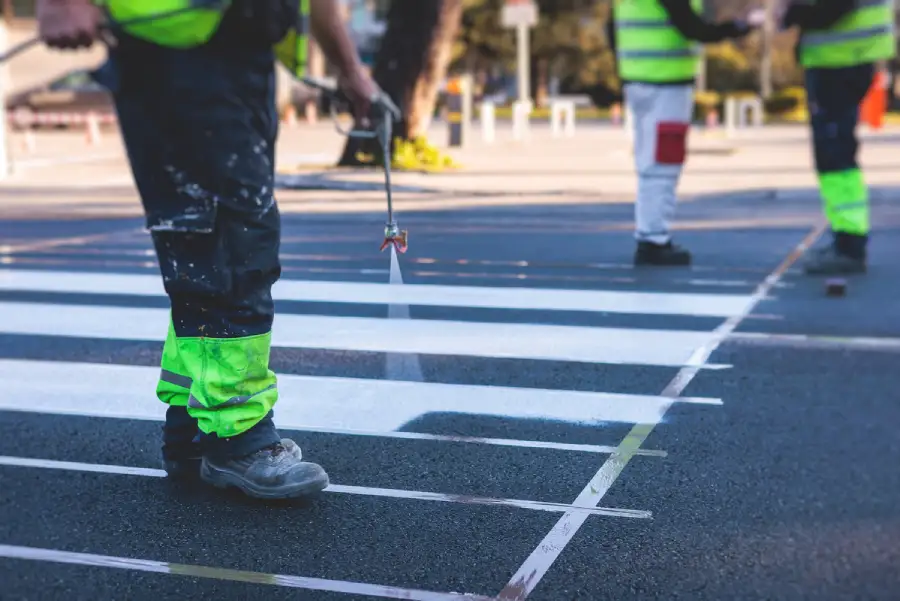Essential Tips for Keeping Your Pavement in Top Shape
Asphalt pavements are a popular choice for driveways, parking lots, and roads because of their durability and cost-effectiveness. However, poor maintenance practices can lead to premature deterioration, costing time and money to repair. Knowing what common mistakes to avoid can help you maintain your pavement effectively. This article explores frequent pitfalls in caring for asphalt surfaces and offers practical advice on how to steer clear of them.

The Importance of Regular Inspections
Maintaining an asphalt surface starts with regular inspections. These help identify early signs of wear and tear, such as cracks or potholes. By catching these problems early, you can address them before they become significant issues. Regular checks also ensure any drainage problems are caught early, preventing water from undermining the asphalt’s integrity.
Avoiding Ignorance of Small Cracks
One of the most neglected aspects of asphalt maintenance is ignoring small cracks. Even tiny fractures can allow water to seep into the foundation, causing more extensive damage over time. Sealing these cracks promptly is crucial to prevent costly repairs later. Many assume that small cracks aren’t serious, but this oversight can lead to substantial degradation.
The Role of Proper Drainage Systems
Proper drainage systems play a vital role in preserving asphalt surfaces. Without effective water management, rainwater can collect and pool, leading to material erosion and eventual failure of the pavement structure. Ensuring gutters and drains are clear and functional helps keep water away from your asphalt, protecting its lifespan.

Ineffective Sealcoating Practices
Sealcoating provides a protective layer for asphalt against elements like UV rays, oil spills, and oxidation. However, applying sealcoat incorrectly or at improper intervals can do more harm than good. It’s recommended to apply a sealcoat every two to three years, depending on traffic levels and environmental conditions. This practice extends the life of your asphalt by offering a barrier against harmful substances.
Choosing Quality Materials
The materials used during installation and repair significantly impact the longevity of asphalt surfaces. Choosing subpar materials might save costs upfront but often leads to higher expenses down the line due to frequent repairs. It’s wise to invest in high-quality materials initially, which guarantees more durable and resilient paving.
- Opt for premium-grade asphalt mixtures.
- Use quality sealant products for sealing cracks.
- Select robust drainage components to handle water effectively.
Lack of Professional Expertise
Another common mistake is relying solely on DIY approaches without consulting experts. While minor repairs may seem manageable, professional expertise ensures best practices are followed. Professionals use specialized equipment and have a deeper understanding of current standards and methods in asphalt care. Seeking expert input helps achieve optimal results while avoiding costly errors.
Cost-Effective Solutions for Long-Term Maintenance
For many property owners, cost considerations play a significant role in decision-making regarding maintenance practices. Balancing cost with quality is essential; otherwise, short-term savings could result in long-term financial burdens. Investing wisely in regular upkeep, using quality materials, and employing expert services can provide greater returns by extending the pavement’s lifespan and reducing unexpected expenses.
Your Path to Better Pavement
Mastering proper upkeep techniques requires staying informed about common pitfalls and taking proactive measures. Whether it’s regular inspections or enlisting professionals’ help, avoiding mistakes today saves you from future headaches. Call us today at (404) 293-2624 for guidance tailored to your specific needs. At Ed's Paving and Seal Coating LLC, we offer exceptional service, ensuring your investment remains sound for years to come. Based in Waleska, GA, our team is ready to assist with all your paving requirements.
